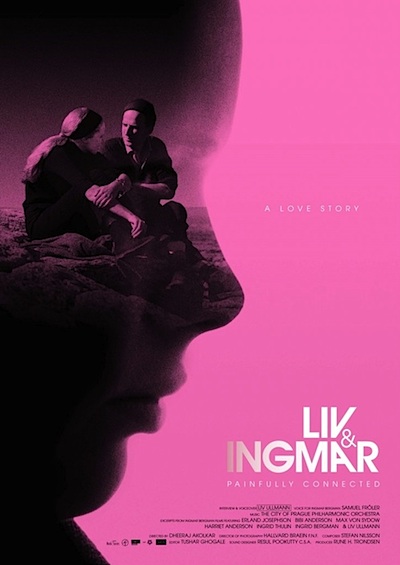By Joe Bendel. Intimacy is based on trust, so is it ever really possible in police state like Soviet-era East Germany? Obviously, that is not the Stasi’s problem. They are out to do everything possible to isolate and demoralize a dissident doctor. Yet, in spite of her better judgment, she will develop ambiguously complicated feelings for her minder in Christian Petzold’s Barbara, Germany’s official best foreign language Academy Award submission, which screens during the 50th New York Film Festival.
As soon as Dr. Barbara Wolff applied for an exit visa, her brilliant career was effectively over. Transferred from a prestigious East Berlin hospital to a provincial backwater, Dr. Wolff is all too aware of the eyes on her. The most obvious set belongs to Andre, Barbara’s ostensive supervisor, whose role as the designated Stasi snitch is an open secret. He has a surprisingly convincing good guy act, though, and he definitely seems to care about their patients – particularly Mario, a young man suffering from a mysterious head trauma that defies diagnosis. Yet, the case that resonates deepest with Dr. Wolff is that of Stella, a recaptured prison camp escapee suffering from meningitis.
Wolff is not inclined to meekly submit to the Stasi’s mounting harassment. Having hatched an escape plan with her West German lover, she believes her time in East Germany is limited, which is why she is so surprised by her growing attraction to Andre and her emotional investment in their patients.

Barbara has been described as Petzold’s response to Florian Henckel von Donnersmarck’s brilliant The Lives of Others. That is true to an extent, but not in a polemical sense. There is no nostalgia here for the Honecker regime, let alone a defense. Petzold’s parents made the flight to freedom Dr. Wolff is anticipating, so he is understandably sensitive to the everyday tribulations endured by East Germans. Indeed, the film is best at conveying the guarded nature required for even the most prosaic of conversations and the jarring sound of that dreaded knock in the night.
Barbara Wolff easily represents Nina Hoss’s best performance to reach our shores. Outwardly diffident but profoundly uneasy beneath her facade, the good doctor might be the best woman’s lead role of the year (and most years prior). It is a tricky proposition to convey her character’s roiling inner turmoil as well as her concerted efforts masking it from the world, but Hoss pulls it off remarkably. Former East German Ronald Zehrfield also helps complicate audiences’ emotional responses as the flawed but perhaps still idealistic Andre, who might also be a victim himself, in that manner unique to captive citizens of police states.
Exercising a masterful control of mood and ambient sound, Petzold vividly recreates a sense of life in the GDR, in all its oppressive austerity. It is a lean, tense narrative, yet Petzold derives much of the suspense from within his characters rather than through external cloak-and-daggering. A very accomplished film featuring Oscar-worthy work from Hoss, Barbara is very highly recommended when it screens this coming Monday (10/1), next Saturday (10/6), and the following Tuesday (10/9) as a main slate selection of the 2012 New York Film Festival.
LFM GRADE: A
Posted on September 28th, 2012 at 1:22pm.
